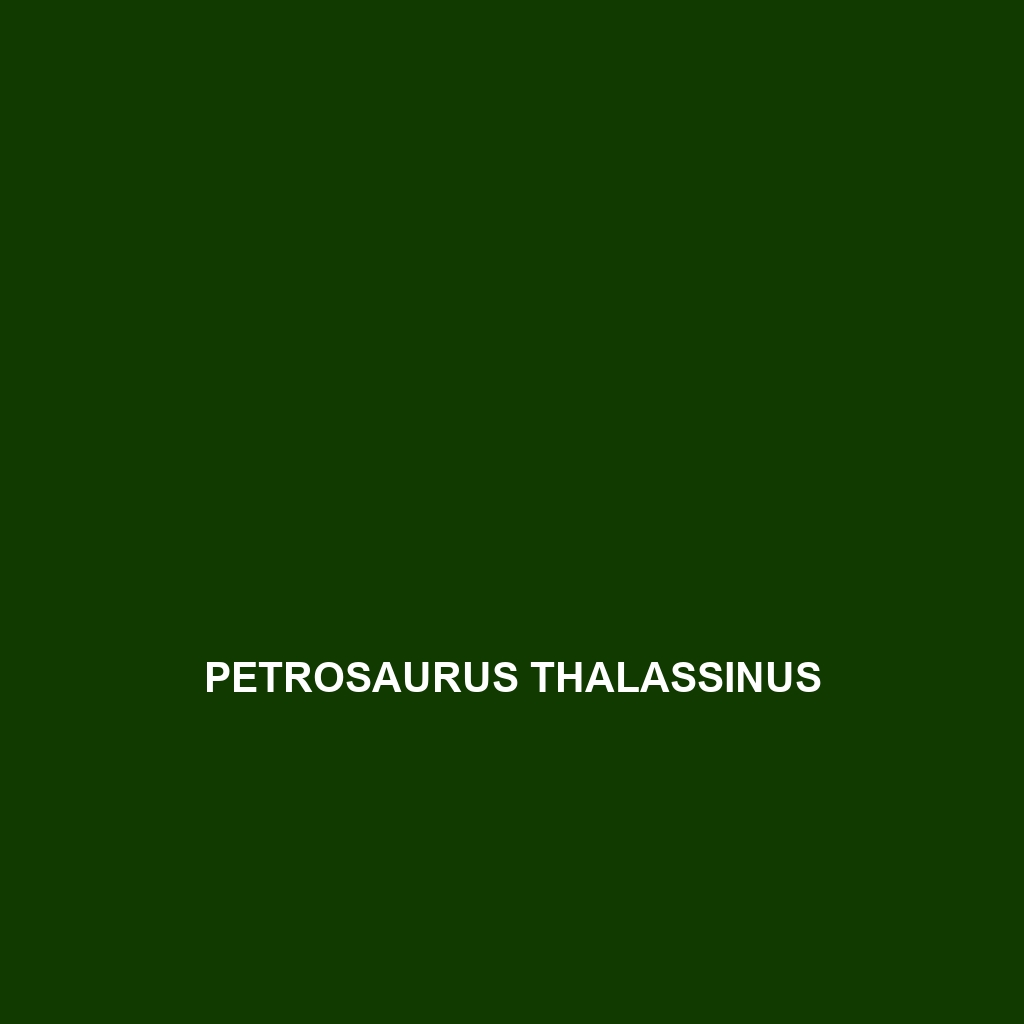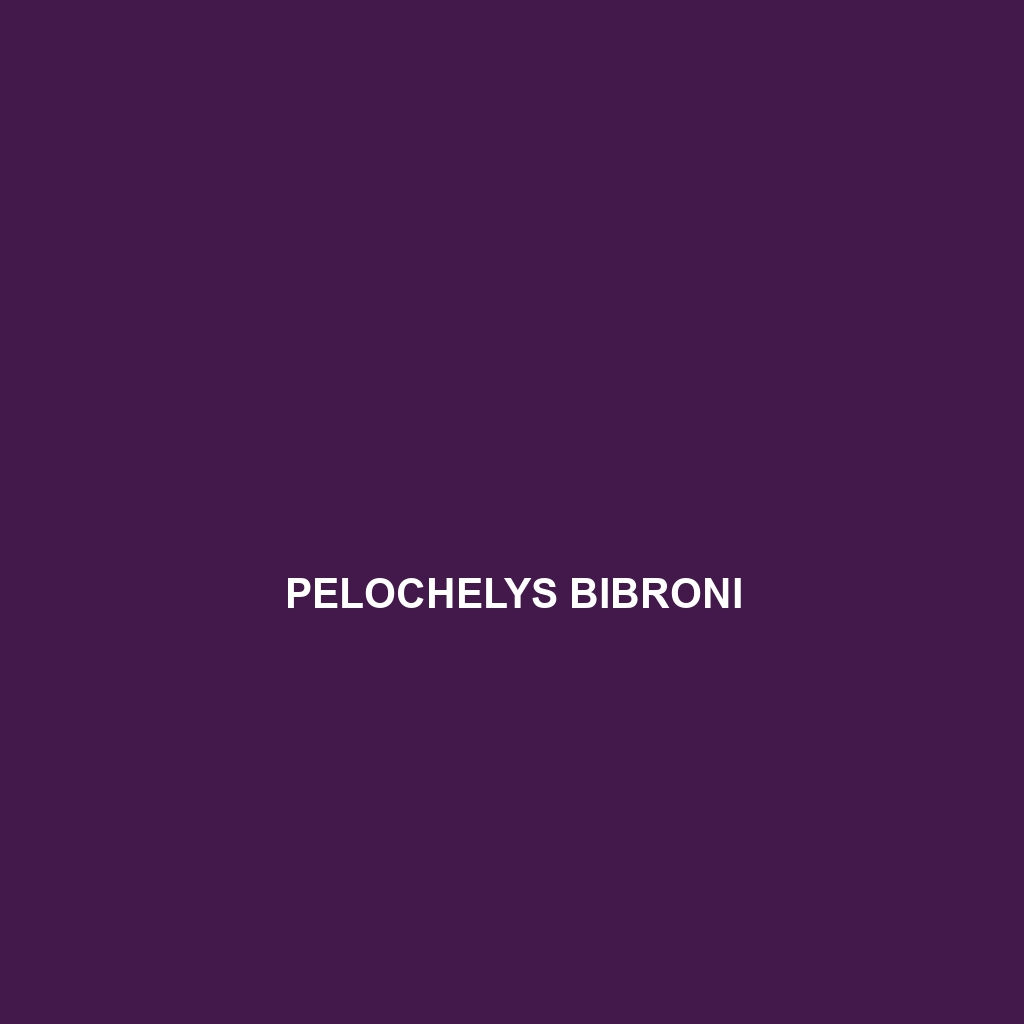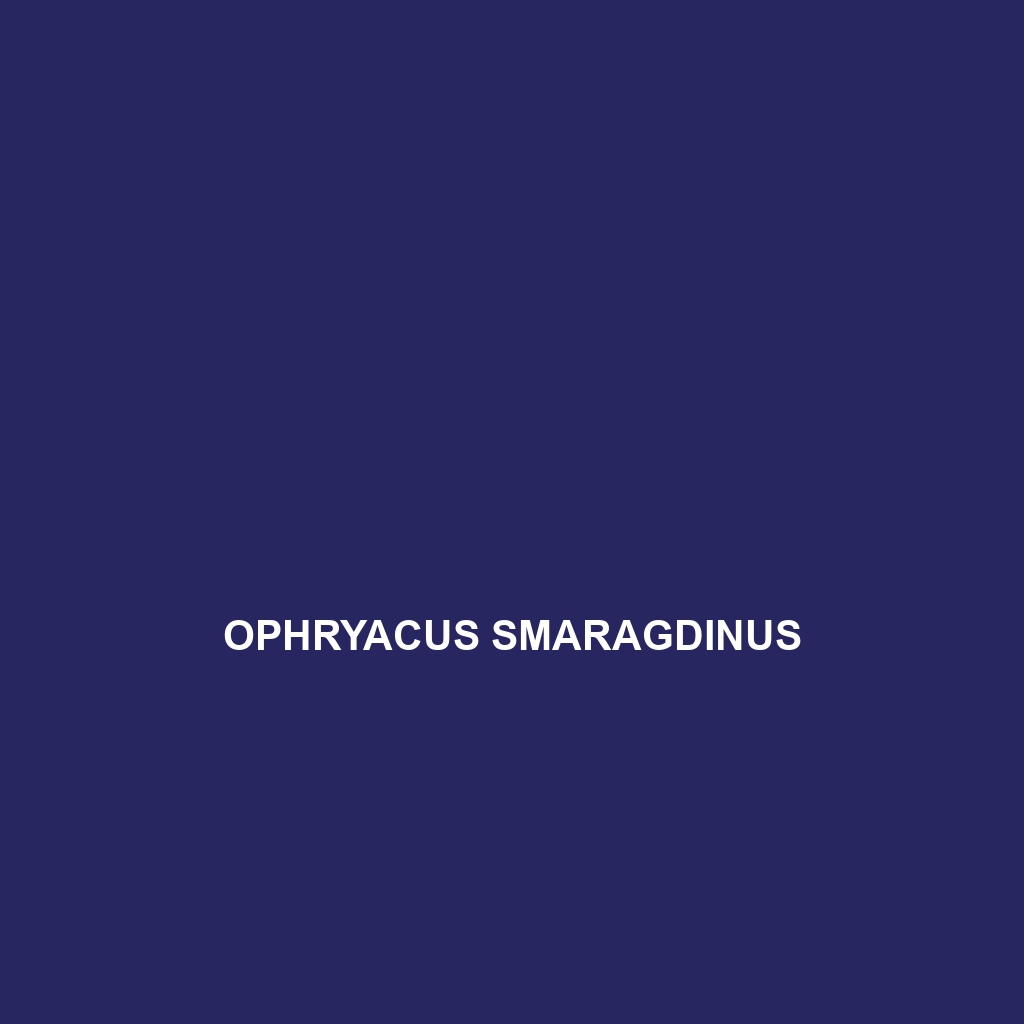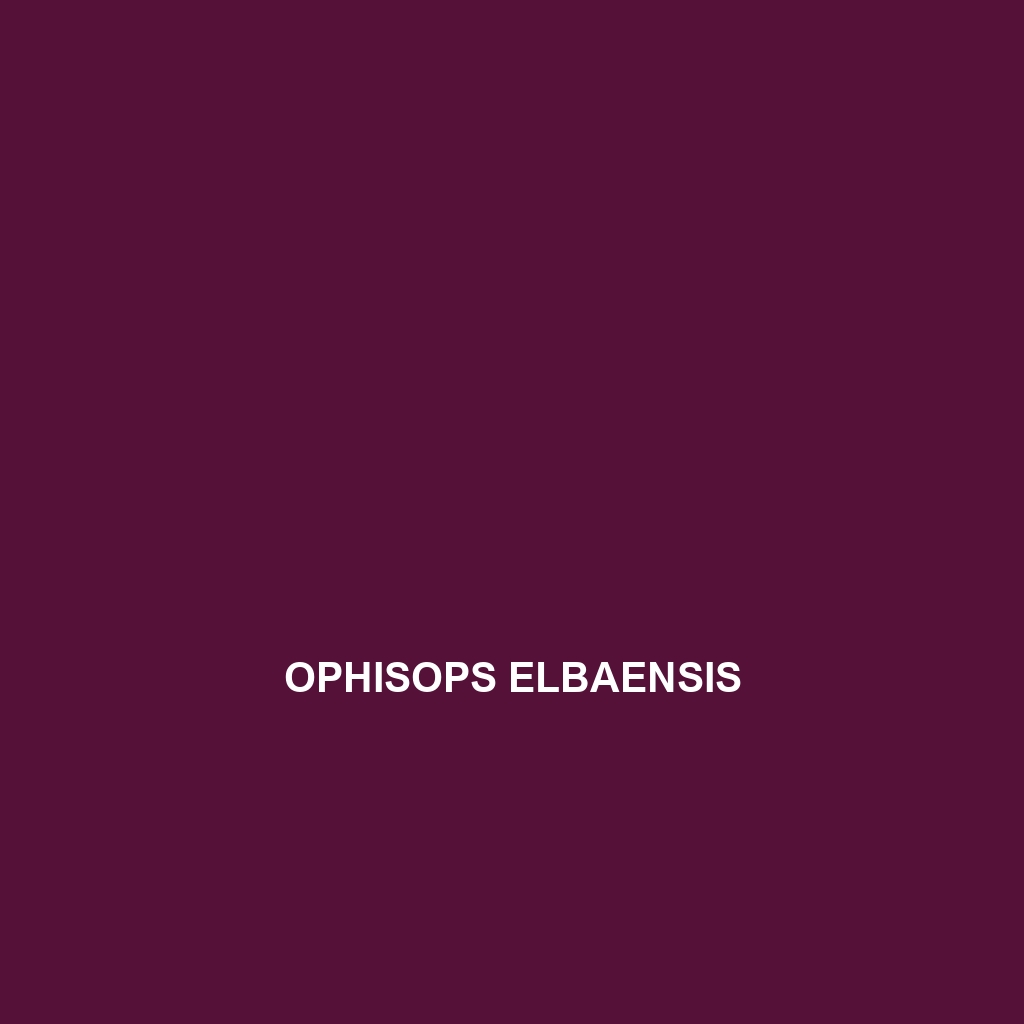<b>Pholidoscelis plei</b>, a medium-sized omnivorous lizard native to the Caribbean, thrives in diverse habitats such as tropical rainforests and sandy pine forests. Known for its vibrant coloration and adaptability, it plays a vital role in its ecosystem as both a predator and prey, contributing to insect population control and seed dispersal.
Tag: lizard conservation
Petrosaurus thalassinus
Discover the vibrant <b>Petrosaurus thalassinus</b>, or Blue Rock Lizard, a medium-sized lizard known for its striking blue coloration and exceptional climbing abilities, thriving in coastal and tropical habitats across Central and South America. This fascinating omnivore plays a crucial role in maintaining ecosystem health by controlling insect populations and facilitating seed dispersal.
Pedioplanis undata
Discover the <b>Pedioplanis undata</b>, commonly known as the sand lizard, a diurnal insectivore native to southern Africa's arid regions. With its distinctive mottled coloration and exceptional burrowing abilities, this species plays a crucial role in maintaining ecological balance while thriving in sandy habitats.
Pedioplanis serodioi
Discover the fascinating <b>Pedioplanis serodioi</b>, a medium-sized lizard native to the arid grasslands and savannas of Southern Africa, characterized by its striking coloration, diurnal behavior, and unique burrowing habits. This insectivorous species plays a vital role in its ecosystem by controlling insect populations and serving as prey for larger animals.
Pedioplanis mayeri
Pedioplanis mayeri, commonly known as the Mayers' sand lizard, is a medium-sized, agile lizard native to the arid regions of southern Africa, featuring a slender body and distinctive sandy beige to light brown coloration with dark markings. This insectivorous species thrives in semi-desert ecosystems, displaying fascinating behavior and playing a vital role in local food webs.
Pedioplanis lineoocellata
Discover the Pedioplanis lineoocellata, or striped sand lizard, a slender, agile reptile native to southern Africa's arid regions, known for its distinctive beige and brown striped coloration, rapid burrowing abilities, and insectivorous diet. This fascinating species plays a vital role in its ecosystem by controlling insect populations and serving as prey for various predators.
Pedioplanis husabensis
Discover the striking Pedioplanis husabensis, a small to medium-sized lizard from Namibia's rugged Husab Mountain range, known for its vibrant yellow or orange markings and remarkable adaptability to rocky, arid habitats. These diurnal reptiles thrive on a diet of insects and play a crucial role in their ecosystem by helping regulate insect populations.
Pedioplanis haackei
Discover the captivating Pedioplanis haackei, or Haack’s Flat Lizard, a small to medium-sized lizard from southern Africa, known for its striking blue coloration in males and its vital role in controlling insect populations within arid habitats. Native to Namibia and South Africa, this diurnal species thrives among rocky terrains and showcases fascinating behaviors, making it an intriguing addition to any reptile enthusiast's collection.
Ophisops pushkarensis
The Ophisops pushkarensis, or Pushkar Sand Lizard, is a small to medium-sized lizard native to the arid regions of Rajasthan, India, known for its sandy coloration and adaptability to semi-desert habitats. Primarily insectivorous, this species plays a vital role in controlling insect populations while also serving as prey for larger predators in its ecosystem.
Ophisops elbaensis
Discover the Elba Snake-eyed Lizard (<i>Ophisops elbaensis</i>), a striking species native to the coastal regions of Elba, Italy, known for its slender body, agile movements, and vibrant colors during mating season. This diurnal insectivore plays a crucial role in the Mediterranean ecosystem, regulating insect populations while being a vital food source for larger predators.









